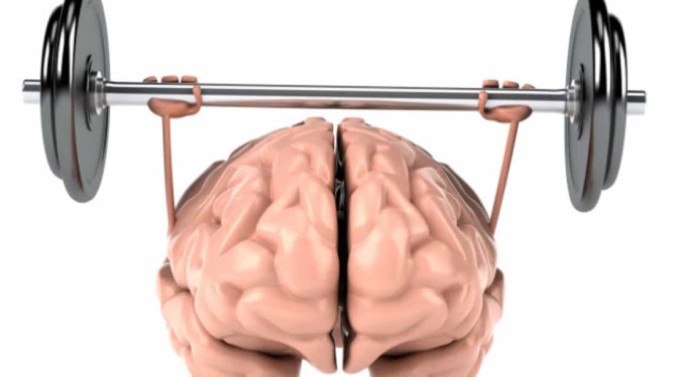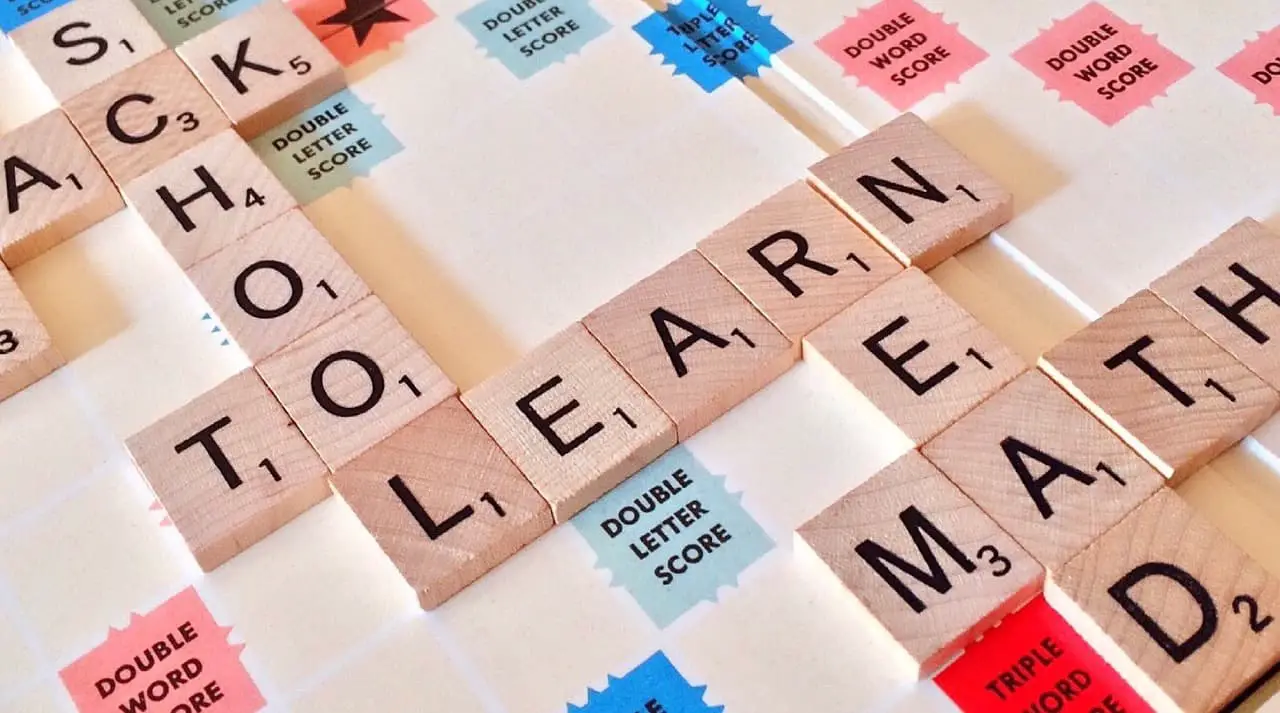In times gone by, the general trend was to focus on maintaining a healthy body and leave the mind to take care of itself. Thankfully, we’ve come to realize that this is what you might call a terrible approach.
Gym instructors, personal coaches, and fitness gurus all over the world will attest that keeping your mind sharp is just as important as staying in peak physical condition.
So aside from eating the right food for the mind, what else can we do to stay mentally agile right through to our old age? Well, the obvious choice is to read as much as possible, but not everyone has the motivation to sit down with a book each and every night.
And while some TV can be quite entertaining and educational, there has to be something better and a little more fun for giving your brain a good workout.
As you may have guessed from the title, we’re talking about games and how a little game of chess, poker, or scrabble once a day or a few times a week can help to keep that mind in great shape. Here’s why.
Chess
It’s often described as the thinking person’s game and with good reason. Chess involves playing with a strategy in mind and, while you may curse your luck from time to time, there’s actually very little luck involved at all.
Chess has been proven to exercise both sides of the brain, which over the long term can change the actual structure of your brain.
That might sound a little scary to some of you, but trust us, it’s a very good thing indeed. You see chess promotes new dendrite growth and improves the development of the prefrontal cortex.
Dendrites are these little branches within your brain that pick up signals from neural cells and pass them on to the neurons. More dendrites mean better brain function, which means means better memory and heightened cognitive ability.
So by playing chess regularly, you are quite literally strengthening your brain, just as you would strengthen your body in a workout at the gym.
Poker
Poker has many of the same benefits as chess. It’s a strategic game that promotes memory retention and helps keep your mind sharp, but we’re recommending this particular game for another reason.
If you take a look at any poker strategy guide, you’ll find that one of the key aspects of the game is to avoid following your gut. You must always take a logical and rational approach to your game play and decisions. And this can only be done by keeping your emotions under control.
For this reason, poker players quickly learn that to succeed in the game, they first need to control their emotions and take a more analytical approach to their decisions. This approach reduces stress and frustration, with players viewing each hand as merely a step in their overall strategy.
But that’s not where it ends. This also encourages players to look at defeats in a different way. The poker player (the good ones at least) view every loss as a learning opportunity.
They rarely get flustered when they lose, but instead analyze their decisions up to that point so they can learn how to improve their strategy. Imagine if you could approach every obstacle in your everyday life with the same attitude? It would certainly relieve a lot of work-related stress.
Scrabble
We actually have several reasons for choosing scrabble, one of which is the fact that it’s so much fun and incredibly easy to play. While poker and chess require a certain amount of skill and a good deal of practice, practically anyone with a good head for spelling can play scrabble.
It’s also a social game that encourages you to interact with other players. Quite often you’ll play with at least three other players and it’s a rare occasion when four people can come together for a game and enjoy a good chat. Ass we all know, social interaction is good for mental and physical health.
The very nature of the game also makes you smarter. Who on earth knew that ZA, YU, or KY were actual words? We’re willing to guess that very few of us did.
Building vocabulary in this way helps to promote memory retention while generally making you sound and feel a lot smarter. This is particularly true when a newsreader or your boss uses obscure words and you know what they mean. Admit it – it happens to the best of us.
Overall though, scrabble is best for improving your cognitive abilities by practicing recognizing anagrams. This encourages players to use more of their brain, in a similar way to chess players.
Regular play promotes the creation of new processing networks within the brain. Interestingly enough, these networks are often found in areas of the brain that aren’t normally associated with recognizing the meaning of words.
This is in part due to the fact that scrabble players often recognize the legitimacy of a word without actually knowing its meaning. They draw on their memory of seeing similar words and use visual recognition skills to decide if a word is real or not. You thought it was all about knowing the meaning of words, right? Well, so did we.
So the next time you have a little free time and you’re wondering what to do, consider giving your mind a good solid workout. Play some chess online, have a poker game with friends, or break out the scrabble board with the family.
Whichever game you choose to play, it sure does beat watching another repeat of the latest reality TV show. So turn off that TV and get playing some games – it’s good for you.













